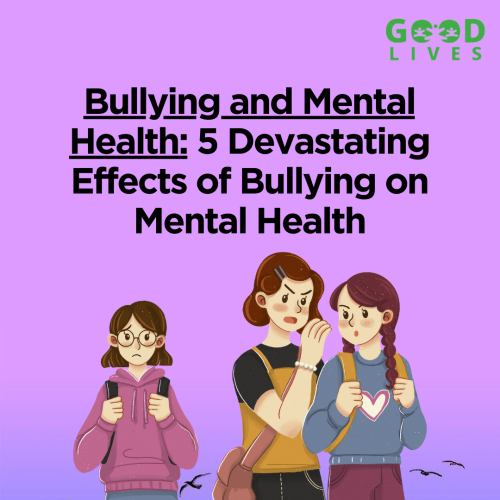
What is bullying?
Bullying is a repetitive, aggressive behaviour intended to harm or intimidate another person. It can take various forms, including physical, verbal, relational, and cyberbullying. While it often occurs during childhood and adolescence, it can persist into adulthood and manifest in different settings, such as the workplace or online communities. It is a pervasive and insidious problem that affects individuals of all ages, backgrounds, and walks of life.
While it may be dismissed as a rite of passage or a harmless childhood behaviour, the truth is that it can have a profound and lasting impact on mental health. This blog explores the devastating effects of bullying on mental well-being, emphasizing the need for awareness, prevention, and support.
5 Effects of Bullying on Mental Health
1. Anxiety and Depression
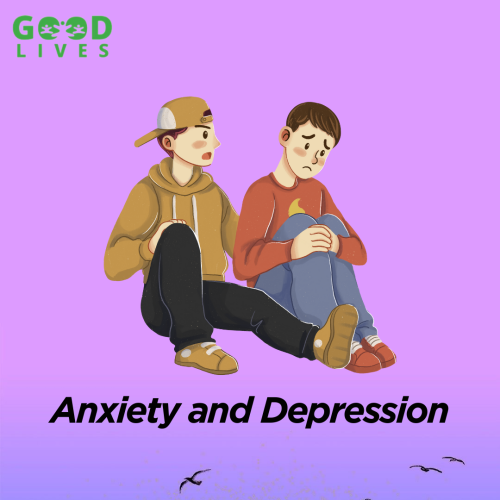
One of the most significant impacts of bullying on mental health is the development of anxiety and depression. Victims often experience constant fear, stress, and feelings of helplessness. These emotional strains can lead to a host of mental health issues.
Anxiety disorders, characterized by excessive worry and fear, are common among victims. They may suffer from generalized anxiety disorder (GAD), social anxiety disorder, or post-traumatic stress disorder (PTSD). These conditions can result in physical symptoms like panic attacks, increased heart rate, and difficulty concentrating.
Depression is another prevalent consequence. Victims may feel overwhelmed by sadness, hopelessness, and a sense of isolation. The persistent emotional distress can disrupt their ability to function in daily life, impacting their self-esteem and overall happiness.
2. Low Self-Esteem and Self-Worth

An individual’s self-esteem and self-worth also take a back seat. The negative messages and actions of bullies can lead victims to internalize the belief that they are unworthy, unlovable, or inadequate. These feelings can persist long after the bullying has ceased, contributing to ongoing mental health challenges.
Low self-esteem can manifest as a reluctance to assert oneself, avoidant behavior, and difficulty forming healthy relationships. It can also lead to a cycle of self-criticism and self-doubt, further exacerbating mental health issues.
3. Suicidal Ideation and Self-Harm
Perhaps the most harrowing consequence is its link to suicidal ideation and self-harm. Victims who feel trapped in their torment may see suicide as the only way out of their suffering. Research has consistently shown that bullying increases the risk of suicidal thoughts and behaviors, making it a critical public health concern.
Self-harm, such as cutting or burning, can be an outlet for emotional pain when victims believe they have no other means of coping. Both suicidal ideation and self-harm require immediate intervention and support, as they indicate extreme psychological distress.
4. Loneliness and Isolation
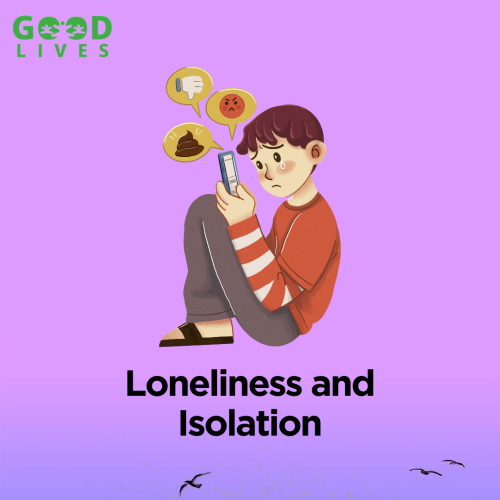
Bulling often leads to feelings of loneliness and social isolation. Victims may withdraw from social activities, disengage from friendships, and avoid school or work to escape their tormentors. This isolation can have a detrimental effect on mental health, as humans are inherently social beings.
Loneliness can contribute to the development of anxiety and depression, exacerbating the already existing emotional toll. It can also hinder the healing process, as victims may struggle to reach out for support or trust others.
5. Impact on Academic and Occupational Success

Furthermore, it can also impede academic and occupational success, further impacting mental health. Students who are bullied may experience a decline in academic performance, leading to frustration and a sense of failure. Similarly, adults facing workplace bullying may find it challenging to advance in their careers or maintain stable employment, causing financial stress and insecurity.
These setbacks can contribute to feelings of inadequacy and hopelessness, compounding the mental health challenges that already exist.
6 Effective Ways To Preventing Bullying
1. Education and Awareness
Raising awareness about the prevalence and consequences is crucial. Schools and communities should implement anti-bullying programs that teach empathy, conflict resolution, and bystander intervention.
2. Open Communication
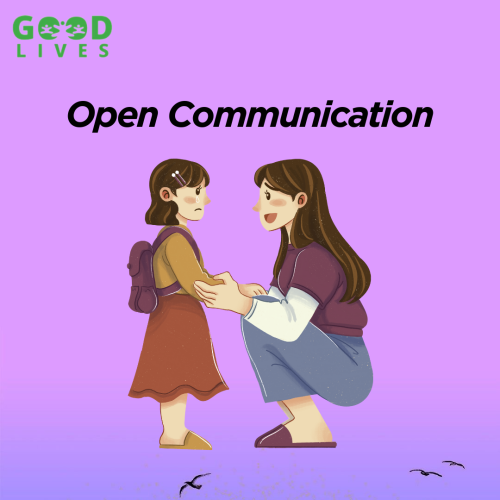
Encouraging open communication between parents, teachers, and children can help identify bullying early. Victims should be encouraged to talk about their experiences without fear of judgment.
3. Mental Health Support

Schools and workplaces should provide access to mental health resources and counseling services. Early intervention can prevent the escalation of mental health issues.
9. Cyberbullying Prevention
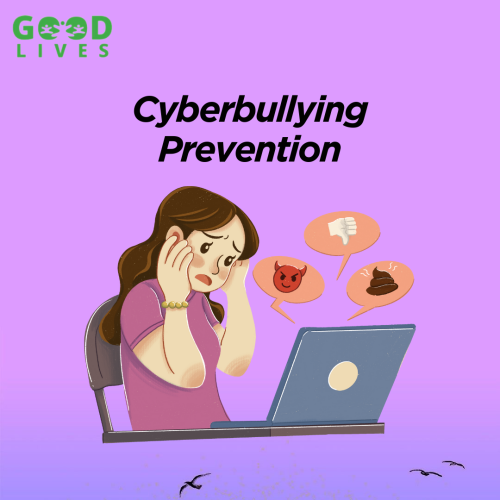
Given the rise of online interactions, addressing cyberbullying is essential. Cyberbullying awareness and prevention programs can help individuals protect themselves online.
5. Bystander Intervention
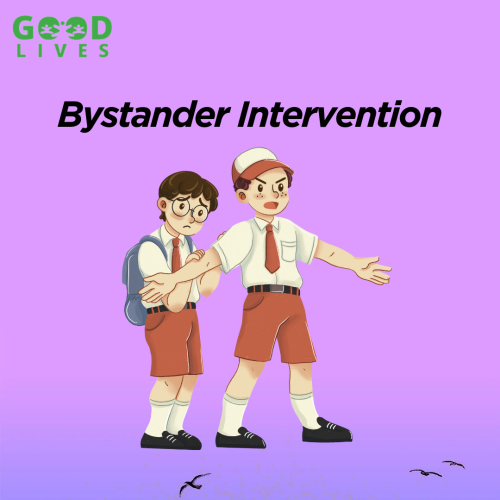
Encouraging bystanders to speak up and report can help create a safer environment for everyone. Bystanders can play a pivotal role in supporting victims.
6. Legal Measures
Implementing and enforcing anti-bullying laws and policies can hold perpetrators accountable for their actions and provide legal recourse for victims.
The impact of bullying on mental health is profound, pervasive, and long-lasting. It affects individuals across the lifespan, leading to anxiety, depression, low self-esteem, and even suicidal thoughts and behaviours. To combat this silent epidemic, we must prioritize education, awareness, and prevention while providing unwavering support to those affected. It may leave scars, but with the right interventions and a supportive community, healing and recovery are possible.
If you are having a difficult time against bullying, try talking to an expert today!
0 Comments